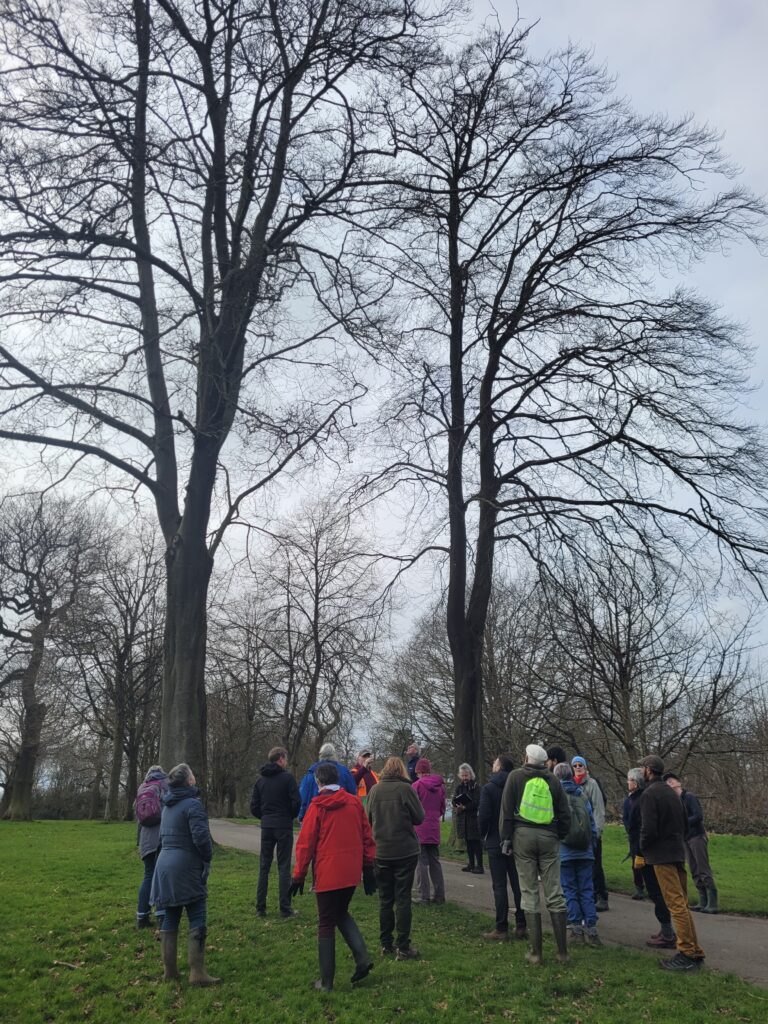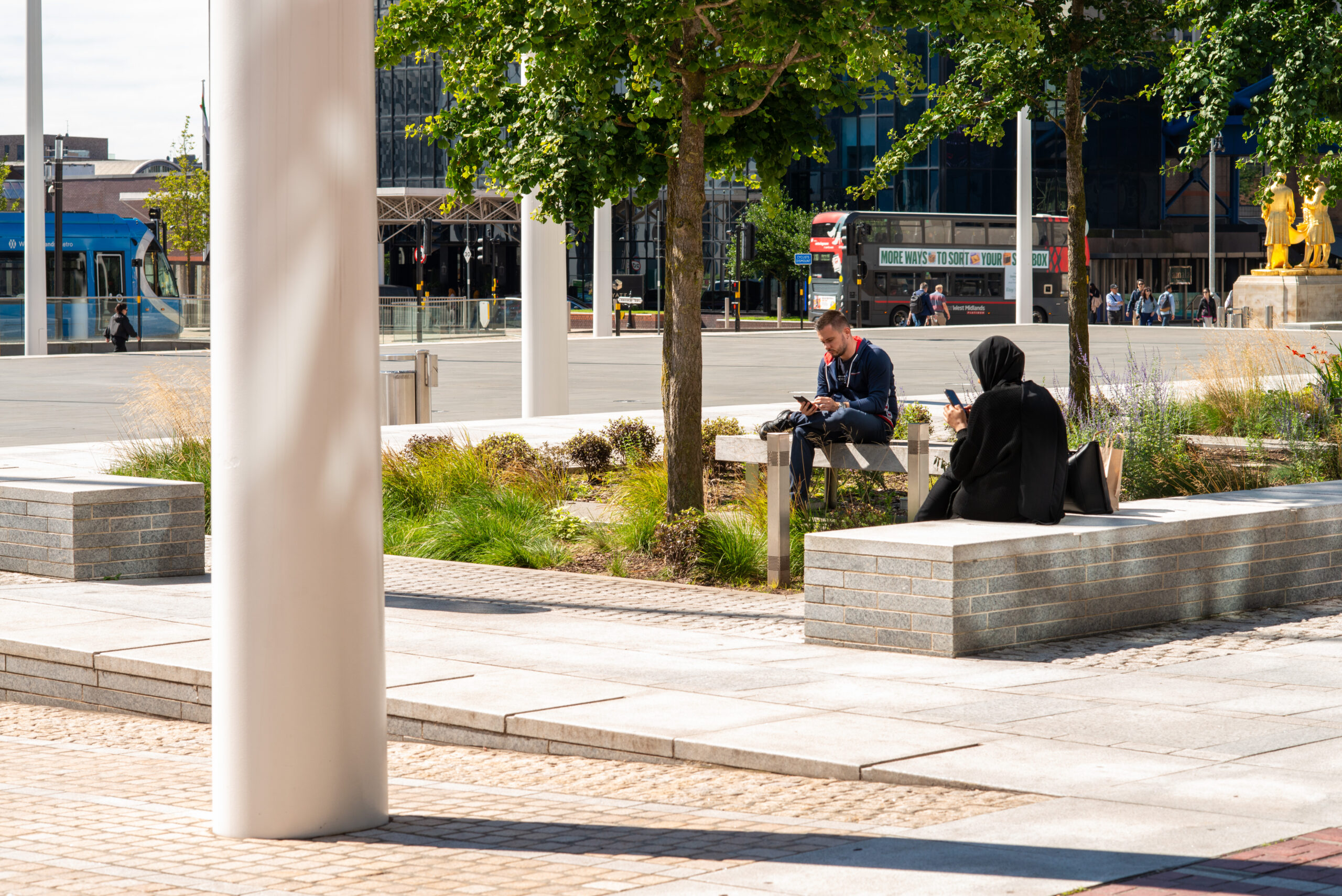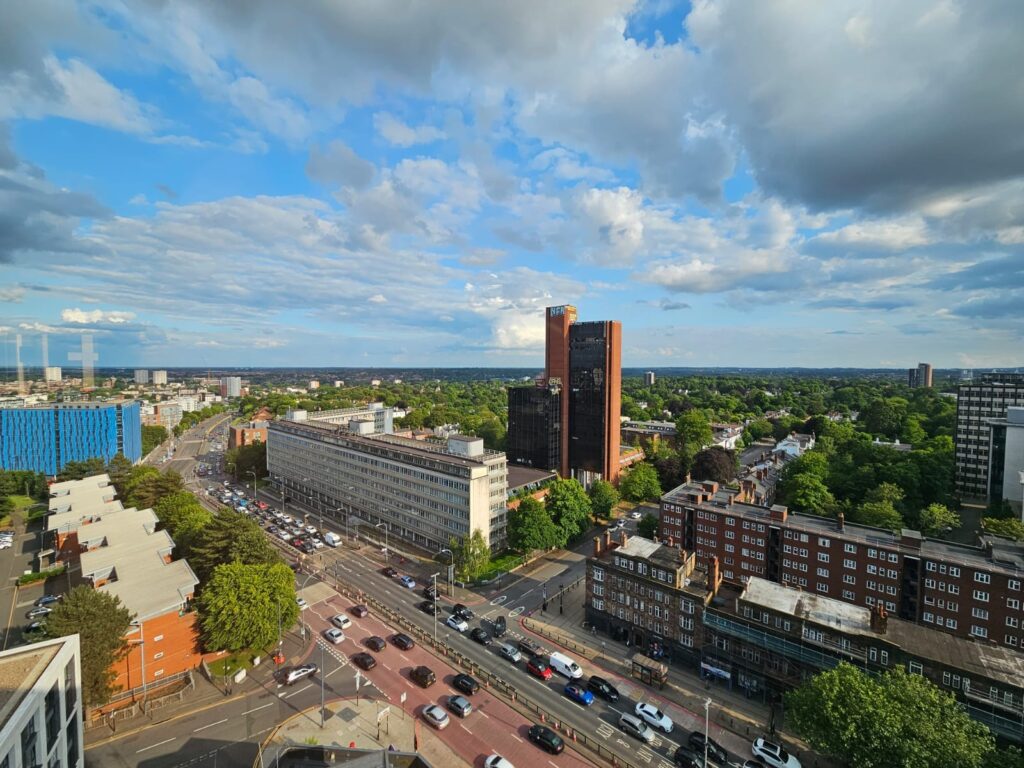
There are roughly one million trees in Birmingham alone. They are in our parks, along our streets, and in our back gardens. That isn’t enough. That’s we are doing more to increase the amount of trees in our city. Find out how we are doing this below.
The Urban Forest Master Plan for Birmingham
An Urban Forest Master Plan (UFMP) is a strategic document that states the intentions for the green space and natural capital of the city. A long-term approach with an action-based strategy, it focuses on how the city will develop and manage its urban forest in the years to come. The plan defines the aspirations of the council, its urban forest managers, and key stakeholders. We are proud to have commissioned the UFMP for Birmingham with the City Council, in conjunction with Treeconomics and Nature Based Solutions Institute. We are targeting priority wards in Birmingham with low tree equity, to increase canopy cover for the many benefits it can bring those areas.

Community Tree Planting Programmes
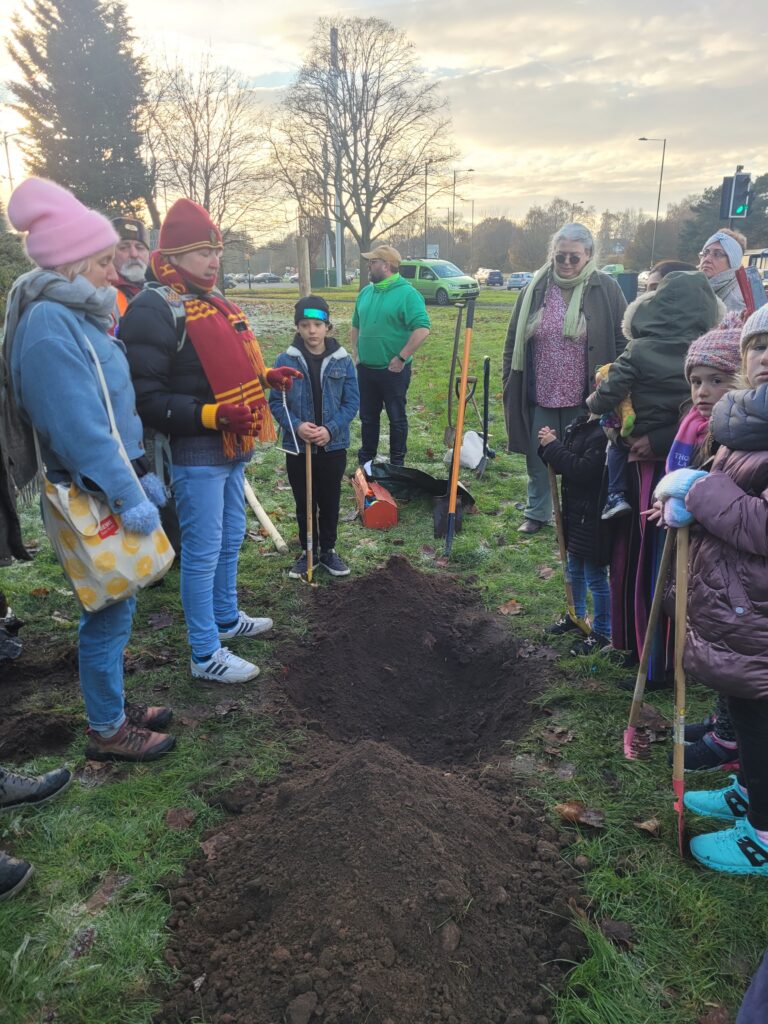
BTP oversee the city’s planting programme with Birmingham City Council, after taking it on from Birmingham Trees for Life (no longer operational). Through our many projects – like the Urban Forest Accelerator that funded our Engagement and Communications Officers, The Zephaniah Forest (working with Benjamin Zephaniah’s family to plant 65 trees for his 65 years), and the Street Tree Survey – we use tree equity, through the UFMP guidelines, and community engagement (see examples on our blog, Shade of the Canopy) to inform our tree planting, and the survey helps the species selection long-term.
We also oversee the city’s commemorative and memorial tree planting programme, Treemembrance, and our Trustee Julianne Statham is in charge of this project, working with sponsors to have their tree of choice planted, for a special person or occasion.
Citizen Science Street Tree Survey Project
We are surveying all the newly planted street trees in Birmingham. Nina Griffiths, Trustee in charge of coordinating the street tree survey project, is making sure our young trees are being looked after. This will help them grow into mature trees and increase Birmingham’s canopy cover, reduce air pollution and urban heating, amongst many other factors.
Volunteer tree surveyors are being trained to undertake the survey work with BTP’s training. This survey is to asses crown dieback, overall condition, and potential damage of street trees, mostly newly planted. This will determine species suitable for the warming climate. We will do this by increasing canopy cover in priority wards around Birmingham (under the UFMP), and improving the upkeep of our street trees. Based on an American model, TreePlotter analysis is used to record the findings.
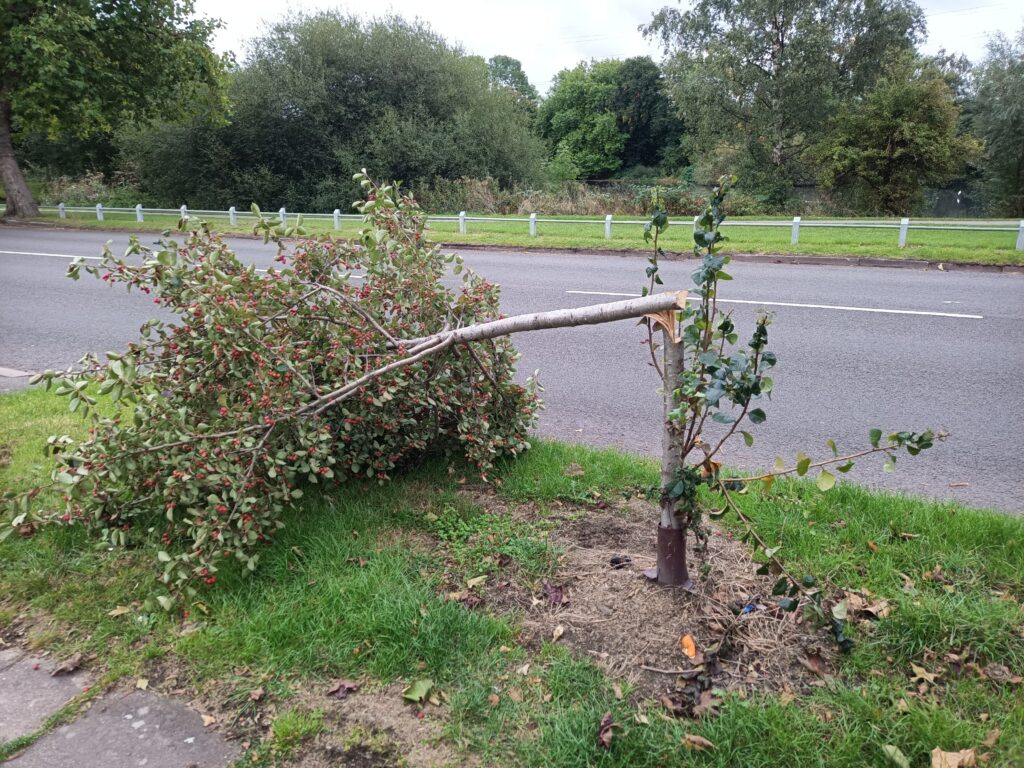
Digitising the Tree Trails of Birmingham
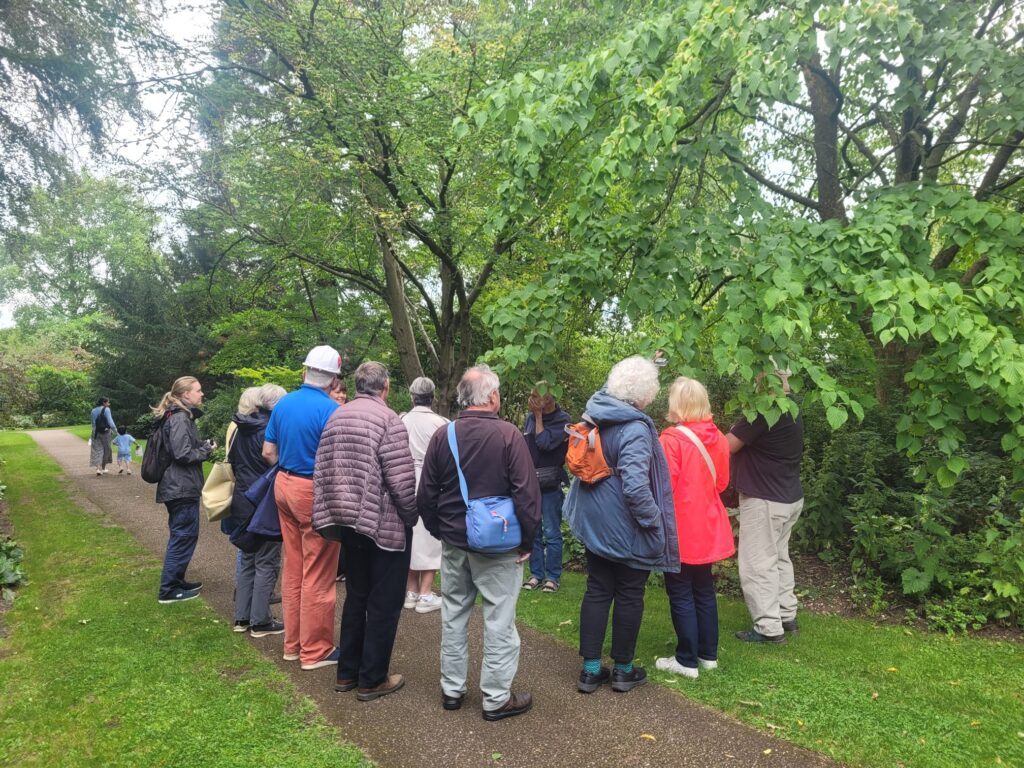
The Birmingham Tree Trails are a fantastic way for the community to get up and out into the local parks, get involved with nature and the environment, and help your general well-being and health. The trails have been possible thanks to the cooperation of the local friends of the parks and local groups in the community (which you can find most of here). The trails follow a set amount of trees you will have to discover, and some are longer than others.
The tree trails are currently being mapped by BTP using TreePlotter, and you need a mobile phone with internet access. This software is useful because the data can quickly change. Trees will eventually die, or they are removed or added, giving us ease of access in making alterations, much like we do with the street tree survey.
iTree Eco Survey 2023
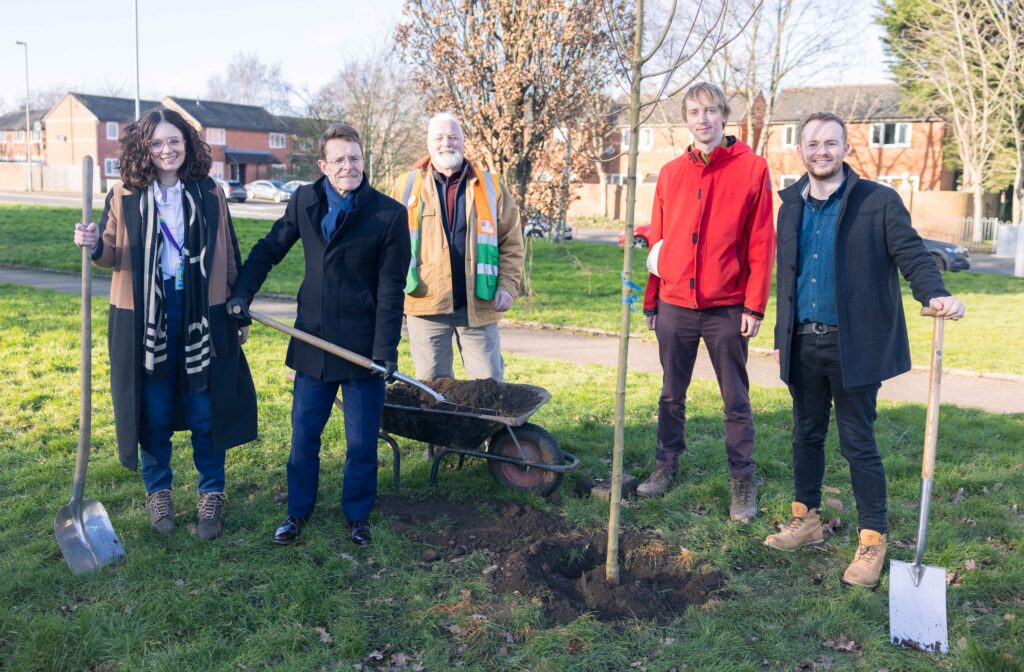
The iTree Eco Survey of 2023 was commissioned by West Midlands Combined Authority, and carried out in partnership between BTP, Treeconomics, Barton Hyett, and Forest Research. The survey collected data from 1,000 sample plots across Birmingham, Solihul, and Coventry, the former being BTP’s focus. We investigated and recorded the composition, condition, ecosystem services, replacement value, and many other characteristics of the urban forest. The study was made possible through funding from the Emergency Tree Fund (ETF), administered by The Woodland Trust, and supported the WMCA’s ambition to expand the woodland cover of the region, to tackle both the climate and ecological emergencies.
We gathered in Loxton Park, 26th January 2024, to plant three trees to celebrate the success of the survey. The Mayor of West Midlands, Andy Street, joined us to plant the tree that the Parks Team from Birmingham City Council prepared, taking part in this momentous occasion with us. This survey is the largest of its kind in the UK, and our urban forest volunteers also completed it in a record-breaking two weeks.
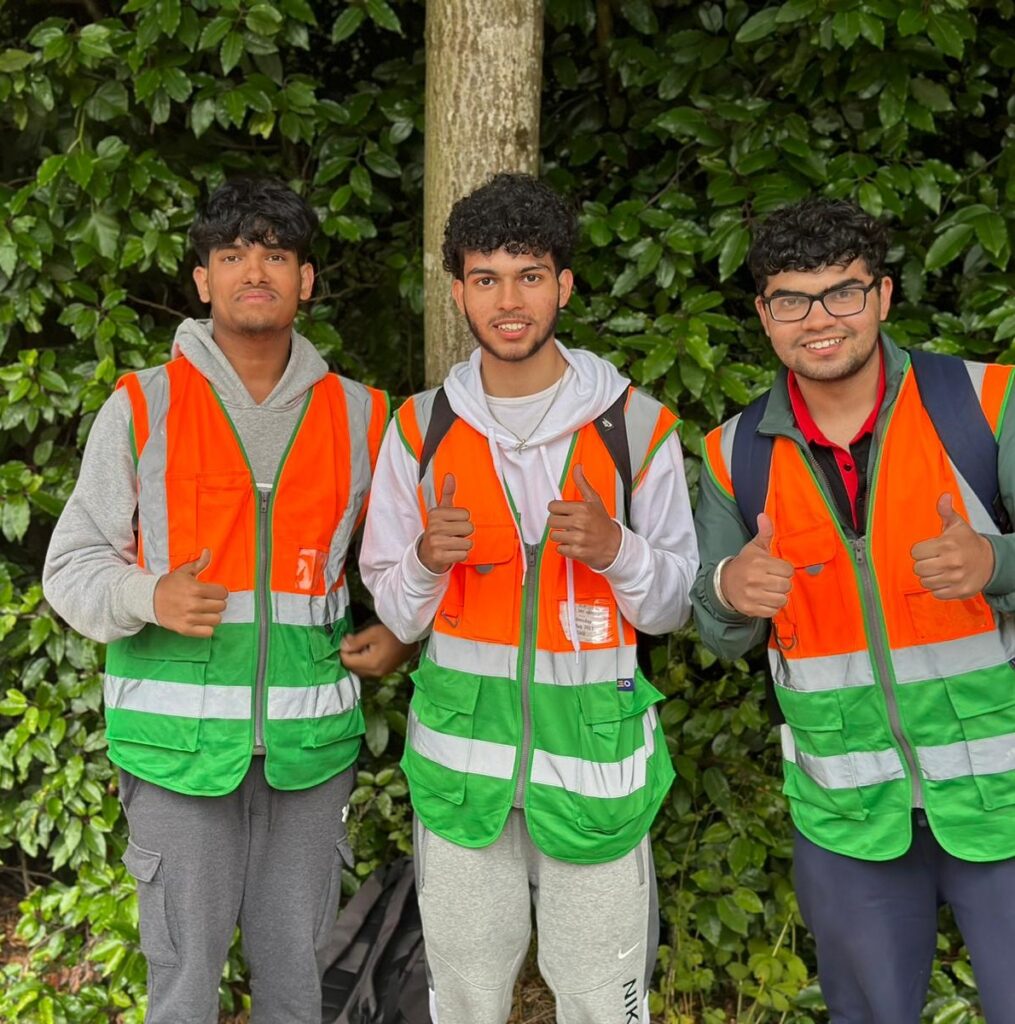
Birmingham: A Tree City of the World
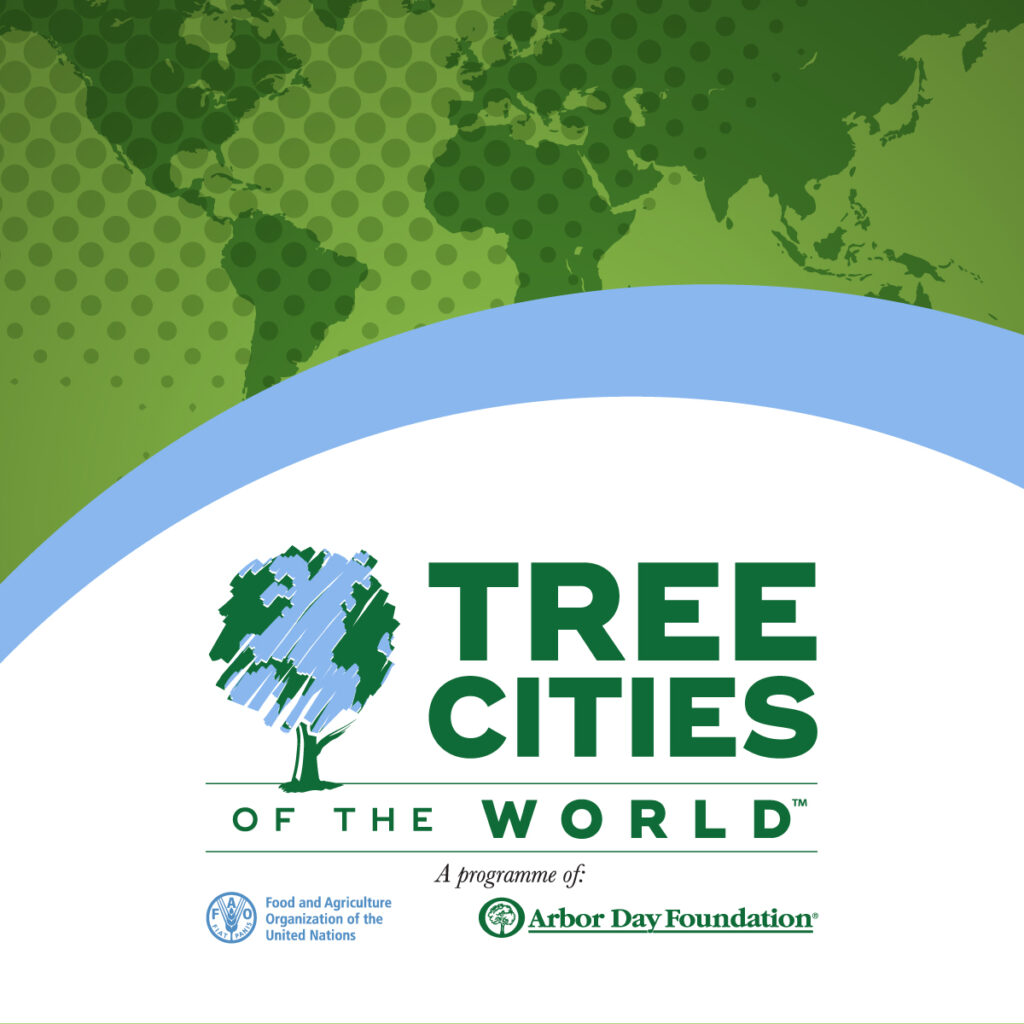
Mantova Green Cities Challenge, issued by world leaders during the 2018 World Forum on Urban Forests, included the Tree Cities of the World programme. This will connect cities worldwide, sharing our hard work, using other successful approaches to managing urban forests. This will continue to improve through the global network of arboriculture and forestry professionals. The Food and Agriculture Organization of the United Nations and the Arbor Day Foundation have developed this programme to celebrate greener cities and towns worldwide. To spread Tree Cities across the globe, they collaborate with similar organisations to provide support to community leaders.
Birmingham TreePeople approached the City of Birmingham to apply to become a part of the Tree Cities in 2019. The Trustees were aware that our city exceeded the 5 separate criteria standards to successfully achieve it. We were, and still are, incredibly proud to receive this honour. We are the first ever UK city to receive this status!
Volunteering and Training
Birmingham TreePeople wouldn’t be able to do what we do without our dedicated urban forest volunteers. BTP are a fully constituted Community Interest Company, who organise and oversee the Urban Forestry Volunteer Scheme in the city. It was originally set up as part of the Tree Council’s Tree Warden Scheme by Birmingham City Council’s Tree Officers in 2016, and is now one of the largest of its kind in the UK.
BTP also run training courses to further empower our urban forest volunteers, teaching them new things about trees and the urban environment. The free training is available, in-person and online, to anyone who signs up as a volunteer. The paid course is Level 2 Arboriculture, and covers more in-depth arboricultural knowledge, for those who wish to fully integrate into the industry. There is also on-the-ground training for street tree surveying, you can learn how to plan and plot tree trails, and much more.
